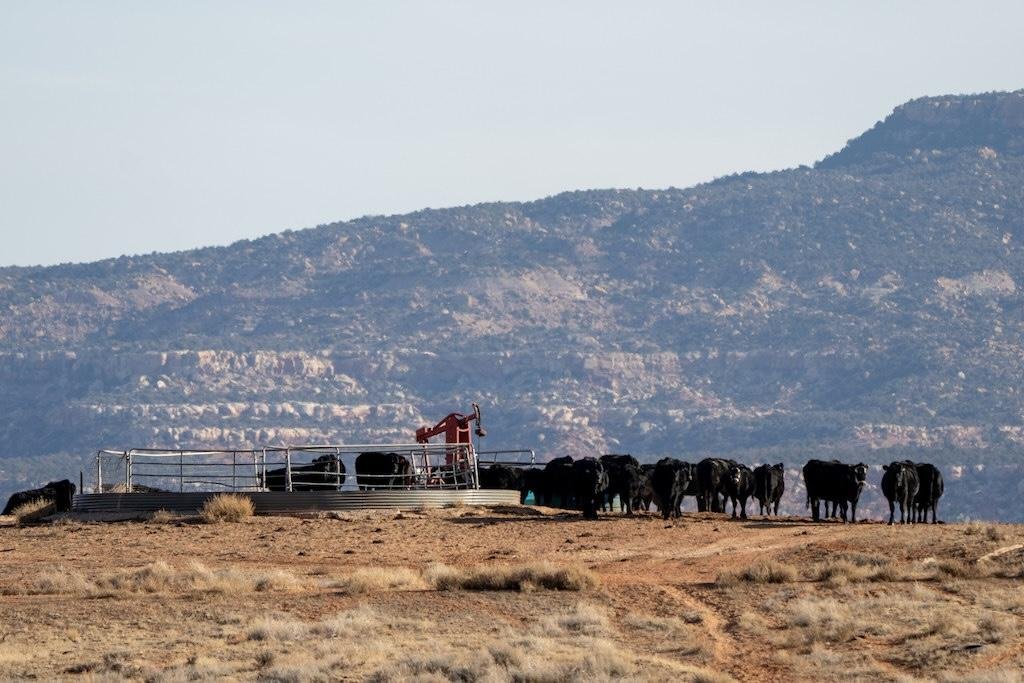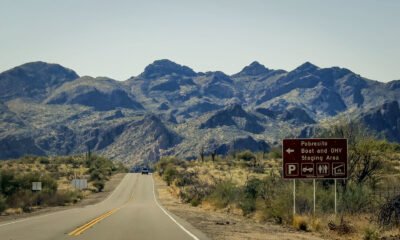Business
Revived Push to Sell Public Lands Gains Momentum Under Trump

Public concern surged last month following a swift approval by a U.S. House committee for an amendment mandating the federal government to sell off over half a million acres of public land.
Although lawmakers subsequently advanced a broader bill reflecting President Donald Trump’s priorities, they removed the contentious federal lands provision. Nonetheless, advocates on both sides of the debate anticipate a resurgence in efforts to divest federal lands.
Many conservatives in Western states argue that federal control over land has stifled economic growth. They view the Trump administration as a unique opportunity to push their agenda. Randi Spivak, public lands policy director at the Center for Biological Diversity, warned, “The threat level is red alert. Some states have been waiting for decades to privatize these lands.”
In the Western United States, federally owned lands are often regarded as vital reserves for wildlife and tourism. Conversely, critics argue that excessive federal control limits development and economic potential. Interior Secretary Doug Burgum has characterized federal lands as America’s “balance sheet,” calling them untapped assets worth trillions and initiating reviews for potential housing developments.
The renewed interest in monetizing public lands aligns with longstanding calls among some state leaders to reduce federal ownership. Utah House Speaker Mike Schultz remarked, “I look at it as an opportunity to say, ‘Hey, turn it over to the state.’” Utah has aggressively sought control over over 18 million acres of “unappropriated” lands, though recent legal efforts faced hurdles in the Supreme Court.
Some Wyoming lawmakers proposed a resolution advocating for the transfer of all federal lands, barring Yellowstone National Park, while Idaho legislators moved to reclaim a wildlife refuge. Nevada’s Governor Joe Lombardo has also called for a “systematic release” of federal land within the state.
However, public lands retain substantial supporters, including Republican Congress members such as Idaho’s Mike Simpson and Montana’s Ryan Zinke. Historical resistance to federal land sales remains strong; former interior solicitor John Leshy noted that public lands are popular and that such proposals often meet significant pushback. “It’s political poison to sell off public land,” he explained.
The recently approved amendment proposed selling over 500,000 acres in Nevada and Utah, allowing local governments to acquire the land. Proponents argued this would fund tax initiatives and address local housing shortages. In Nevada, where 85% of land is federally owned, local officials claimed federal lands hinder development opportunities.
Nonetheless, criticism arose regarding the amendment’s absence of restrictions on land use, potentially allowing for unrestricted development. Assemblymember Howard Watts voiced concern that the move prioritized tax cuts for the wealthy over pressing housing issues.
Similar discussions surfaced in Utah, where officials expressed eagerness to manage federal lands for housing amidst rapid population growth. However, environmental groups and various stakeholders opposed the amendment, asserting that it was misaligned with community values concerning public lands.
Efforts to establish a state Department of Land Management in Utah indicate the seriousness of these ambitions. Schultz expressed confidence that the state could manage these lands more effectively and raise revenue through increased lease rates. However, many public lands advocates dispute the feasibility of state management, citing historical precedents of land sales by state governments.
The tension over land management underscores a critical dialogue about the future of public lands in the American West. Advocates for conservation and economic development continue to clash over the best approach to handle socio-economic pressures and environmental stewardship. As discussions unfold, the fate of public lands remains at the forefront of national discourse.


















